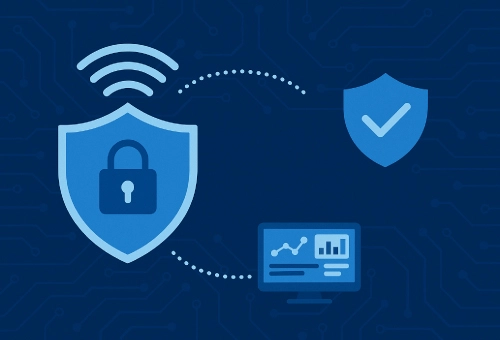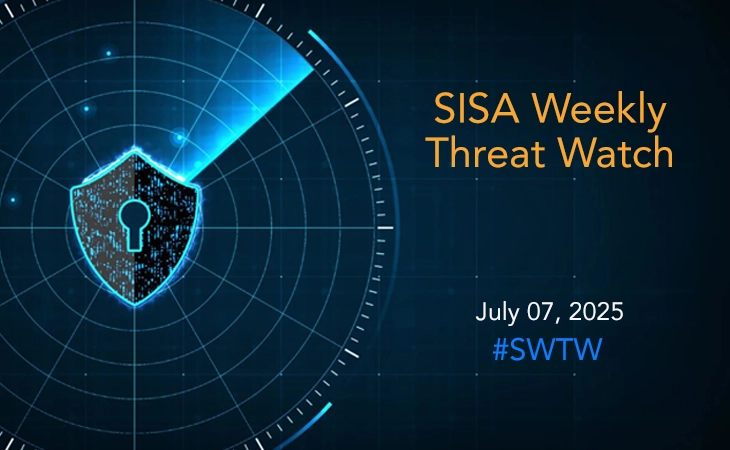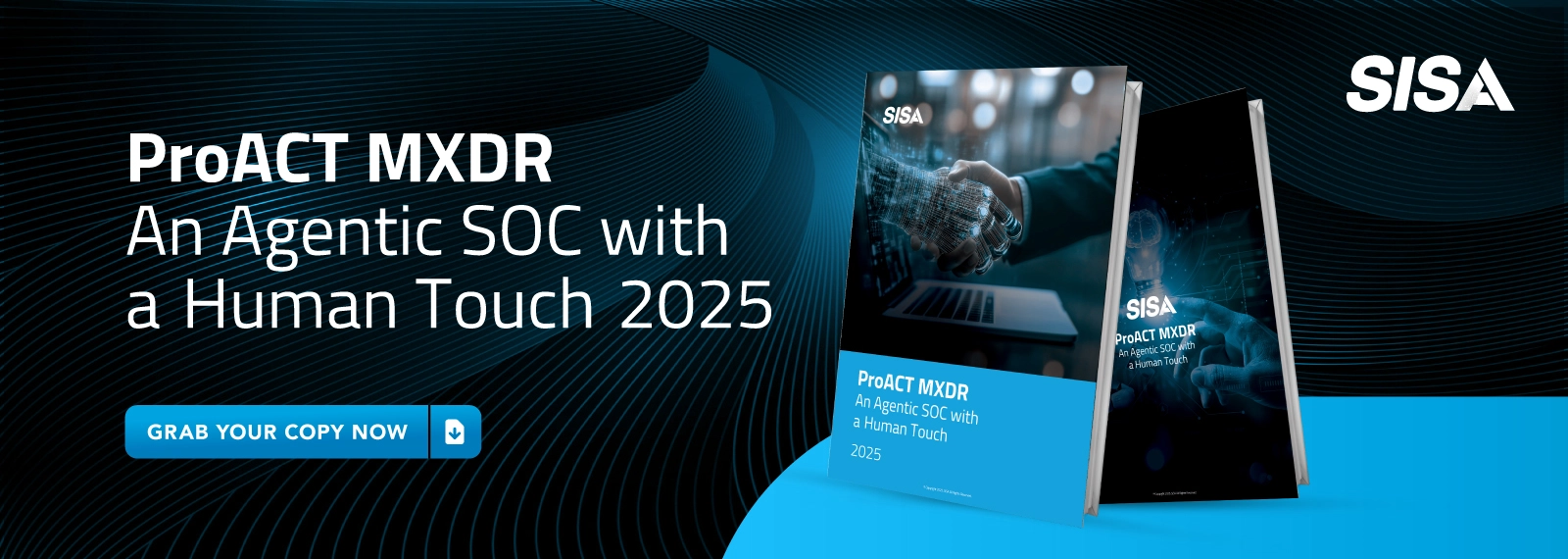
Everything You Need to Know About PCI PIN Certification
In today’s rapidly evolving payment ecosystem, protecting sensitive PIN data is critical for ensuring secure transactions. The PCI PIN Security Standard serves as a cornerstone for organizations to manage, process, and transmit PIN data securely. Whether in online or offline transactions, compliance with PCI PIN standards is essential for maintaining data integrity and safeguarding customer trust. Let’s explore what PCI PIN certification entails and why it matters for payment security.
What Is PCI PIN Certification?
PCI PIN certification validates that an organization complies with stringent requirements for safeguarding PIN data during transactions. Developed by the PCI Security Standards Council, the standard outlines 33 requirements grouped into seven control objectives, addressing key areas such as secure key management, encryption, and device security.
The goal of PCI PIN certification is to ensure that PIN data remains encrypted throughout its lifecycle, protecting it from unauthorized access at ATMs, point-of-sale (POS) terminals, and during transmission.
Key Components of PCI PIN Security
- PIN Key Management
This involves generating, storing, and securely transmitting cryptographic keys used for PIN encryption. Organizations must use Payment HSMs certified to PCI PTS HSM v3 or higher to meet these requirements. - Device Security
PIN security requirements extend to POS devices, ATMs, and unattended payment terminals, ensuring they are tamper-resistant and malware-free. Regular updates and maintenance of these devices are critical to safeguarding against evolving threats and vulnerabilities. - Secure Processes and Audits
Organizations must implement robust processes for detecting and addressing security events, regularly reviewing policies, and conducting periodic assessments to maintain compliance. Establishing detailed logging mechanisms and real-time monitoring systems further enhances the ability to identify and respond to potential breaches swiftly.
Why PCI PIN Compliance Matters
- Protecting Sensitive Data
PINs are critical credentials used to authenticate transactions. Securing this data reduces the risk of fraud and protects customers from identity theft. - Ensuring Regulatory Compliance
Compliance with PCI PIN standards helps organizations meet global payment security requirements, avoiding penalties and reputational damage. - Building Customer Trust
Demonstrating compliance reinforces customer confidence in the security of their payment transactions.
The Role of PCI PIN Training
To achieve PCI PIN compliance, organizations must train their teams in the latest standards. The PCI PIN v3.1 Knowledge Training program, issued by the PCI Security Standards Council, educates participants on the secure management, processing, and transmission of PIN data. While the training doesn’t certify participants as assessors, it equips them with a solid understanding of compliance requirements, enhancing organizational readiness.
How to Achieve PCI PIN Certification
Conduct a Gap Analysis
Identify areas of non-compliance in your systems, processes, and devices. This step provides a clear roadmap for addressing vulnerabilities and aligning with PCI PIN requirements.
Remediate Identified Gaps
Implement necessary changes to address vulnerabilities, including upgrading hardware and enhancing encryption protocols. Ensure all processes and controls meet the stringent security measures outlined in the PCI PIN standard.
Engage a Qualified PIN Assessor (QPA)
A QPA conducts an onsite evaluation, reviews documentation, and validates compliance with PCI PIN requirements. Their expertise ensures that all aspects of your PIN security meet or exceed industry benchmarks.
Certification and Ongoing Compliance
Upon successful assessment, organizations receive a PCI PIN Attestation of Compliance (AOC), valid for two years. Regular reviews ensure continuous adherence to the standards, maintaining a secure environment for PIN-based transactions.
PCI PIN in Practice
The PCI PIN Security Standard is not just for online transactions but also applies to offline payments at ATMs and attended or unattended POS terminals. Entities such as acquirers, payment processors, key injection facilities (KIFs), and certificate authorities must comply to protect PIN data across the entire payment process.
The Importance of Payment HSM’s in Compliance
Payment HSM’s (Hardware Security Modules) play a crucial role in achieving PCI PIN compliance. These devices securely manage cryptographic keys and encrypt PINs at every transaction stage, ensuring the highest level of security. Using non-compliant or general-purpose HSMs can lead to vulnerabilities, making certified Payment HSMs indispensable for compliance.
Conclusion
PCI PIN certification is not just a regulatory requirement—it’s a vital step in creating a secure payment ecosystem. By adhering to these standards, organizations can protect sensitive PIN data, maintain compliance, and build customer trust. With robust training programs, advanced technologies like Payment HSMs, and the support of Qualified PIN Assessors, achieving PCI PIN certification becomes an attainable goal for any organization committed to payment security.
Ready to secure your transactions? Start your PCI PIN compliance journey today and safeguard your payment systems for a secure tomorrow.
Latest
Blogs
Whitepapers
Monthly Threat Brief
Customer Success Stories
 USA
USA India
India APAC
APAC Middle East
Middle East Global
Global





 Facebook
Facebook Linkedin
Linkedin  X
X Youtube
Youtube






